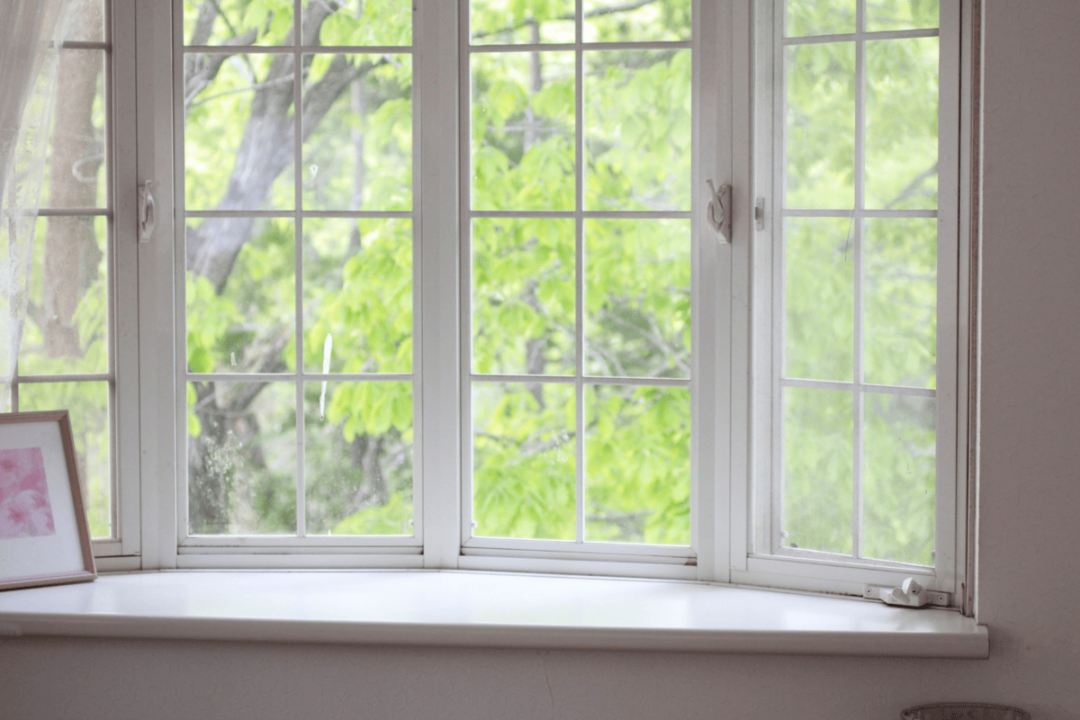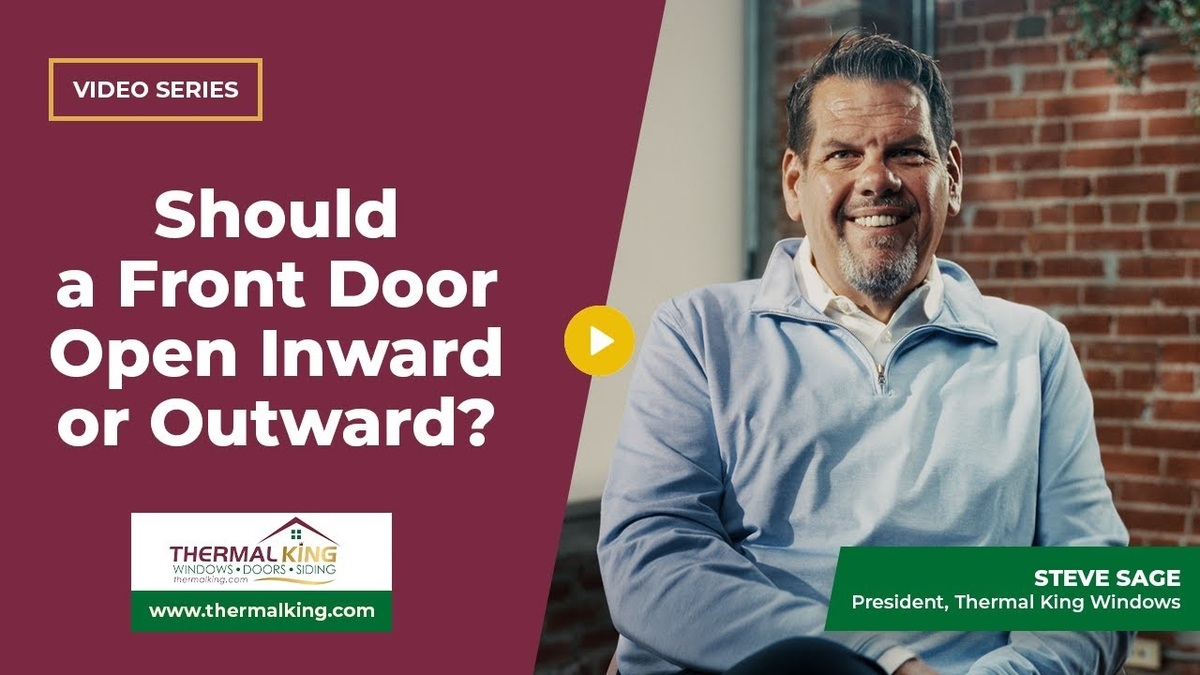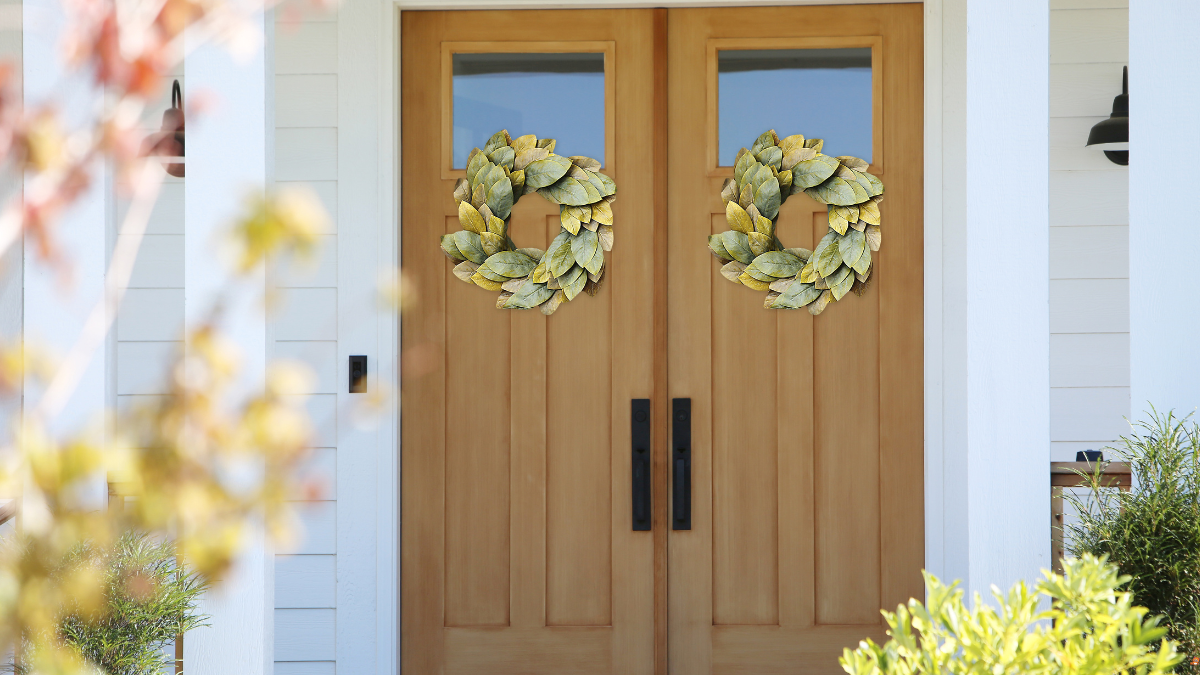Siding performs a large role in your home’s protection and minimizes damage. Knowing the types of siding available allows you to select a choice that fits your fashion, budget, and preservation needs.
We explain the most common siding materials and how each performs. You will learn the main advantages and shortcomings so that you can choose the siding that provides the best value and longest life for your home.
What Are the Main Types of Siding?
Wood Siding Features
Wood siding, fiber cement siding, vinyl siding, and engineered wood siding are examples of contemporary siding options. Each has positive and negative aspects of its own. This siding is the oldest and most traditional option. It is made from real wood planks like cedar.
Some key points:
- Attractive, natural look
- Can be painted or stained in many colors
- Works well for historic homes
Drawbacks:
- Requires frequent maintenance, like painting and sealing
- Can warp, rot, or shrink from moisture
- Prone to insect damage
Pro Tip: If you love the look of wood but don’t want constant upkeep, consider engineered wood as an alternative.
Engineered Wood Siding Benefits and Issues
With engineered wood siding such as LP SmartSide, you get the wood look without all the problems. The treatment it goes through makes it tougher and adds years to its life.
Some key points:
- Lighter weight and easier to install than fiber cement
- Can be painted in any color
- More resistant to rot and pests than natural wood
Drawbacks:
- Every seam and edge can be a weak spot for moisture
- If water gets in, boards may separate or warp over time
Vinyl Siding Pros and Cons
Vinyl siding is one of the most common choices today. It is made from PVC plastic and comes in many colors.
Some key points:
- Color runs through the material, so it never needs painting
- Low maintenance and easy to clean
- Affordable compared to other siding types
Drawbacks:
- Quality varies widely between products
- Lower-grade vinyl can warp, fade, or crack after a few years
- Can be damaged by extreme heat or impact
Key Takeaway: Always choose premium-grade vinyl siding for better long-term performance. Cheap vinyl may look fine at first, but can fail much sooner.
Need expert help with different types of siding? Contact Thermal King for a free consultation. We’ll help you find the right style and material for your home and budget.
Fiber Cement Siding Advantages and Limitations
Fiber cement siding, like James Hardie, is made from cement, sand, and cellulose fibers.
Some key points:
- Very durable and resistant to warping
- Holds up to hail, wind, and sun without losing shape
- Available pre-painted with long-lasting factory finishes
Drawbacks:
- Heavier and harder to install than other siding types
- Painted surfaces may fade or need repainting over time if not factory-finished
- More expensive than vinyl or wood options
Which Siding Type Lasts the Longest?
Durability depends on the material, installation quality, and maintenance.
- Fiber cement offers the longest lifespan with minimal upkeep, especially with factory-applied finishes.
- Premium vinyl can last decades with little care.
- Engineered wood performs well if properly sealed and maintained.
- Natural wood needs the most attention to stay in good shape.
Which Siding Fits Your Budget?
- Wood siding: Moderate to high cost, plus ongoing maintenance expenses
- Engineered wood: Similar to wood, but may save money over time with less upkeep
- Vinyl siding: Most budget-friendly upfront, especially in lower grades
- Fiber cement: Higher upfront cost, but long-lasting and low maintenance
Why We Offer All Four Options
We install all major siding types to meet our customers’ needs and budgets. Some clients choose vinyl for its low maintenance. Others prefer the durability of fiber cement or the beauty of engineered wood. It all comes down to your style, your budget, and how much upkeep you want in the years ahead.
In Summary
Different types of siding offer unique benefits and drawbacks. Wood offers classic beauty but often requires care. Engineered wood brings the appearance of wood with better durability. Vinyl is cost-effective and low maintenance, but quality varies. Fiber cement is very durable and keeps up to harsh weather.
We can make sure you choose the right siding for your home, established with the care of a specialist, and that it lasts for years.
Contact Thermal King today for a free quote or to learn more about your siding options.



